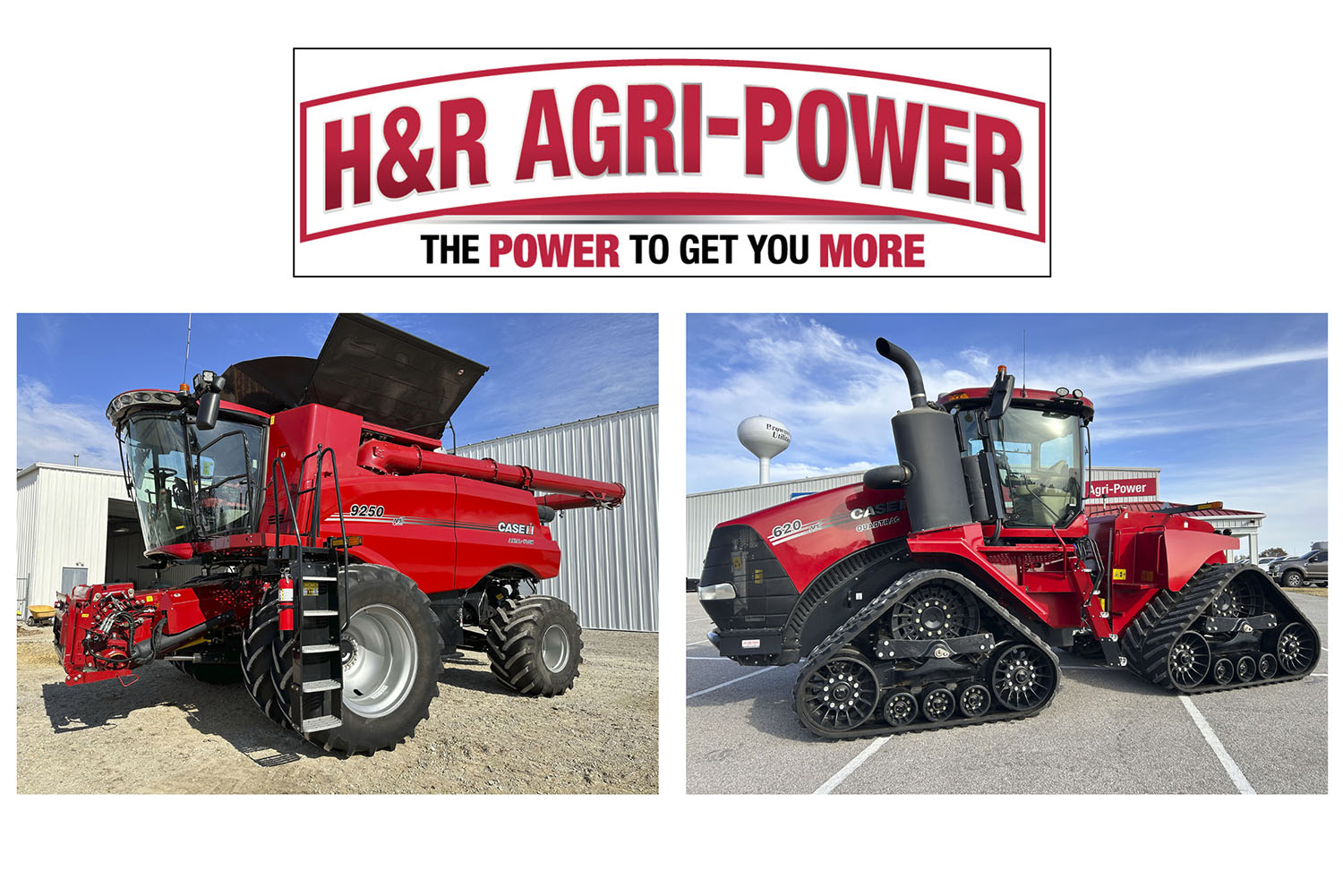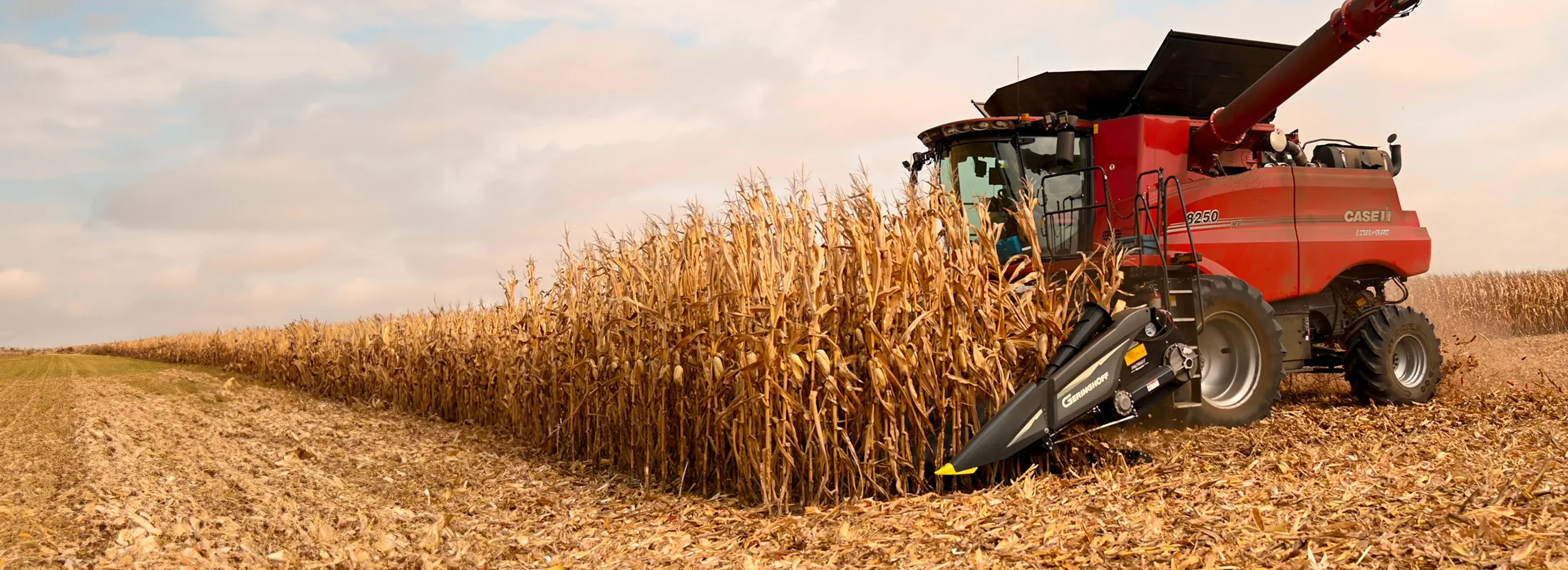Choosing the right equipment can be a significant decision for farmers and agricultural businesses seeking to maximize productivity and efficiency. With the support of trusted providers like H&R Agri-Power, growers in the Mount Vernon area can explore a wide range of options for Harvesting Equipment Mount Vernon, IL that are tailored to their unique crops, farm size, and operational goals. Making an informed choice ensures long-term value, improved harvest quality, and greater overall farm success.
Importance of Selecting the Right Harvesting Equipment
Harvesting is one of the most labor-intensive and critical stages in farming. Selecting the right equipment directly impacts crop quality, operating costs, and time management. In areas like Mount Vernon, where farming is a vital economic activity, equipment choices must reflect the demands of specific crops, field conditions, and technological capabilities. Farmers who invest in the right machinery benefit from faster operations, better precision, and minimized waste.
Factors to Consider Before Making a Purchase
When deciding on harvesting equipment, it is essential to analyze several factors that affect efficiency and long-term usability. Each piece of machinery should be evaluated not only on its price but also on how well it integrates with the farm’s needs.

Type of Crop and Farm Size
Different crops require specialized equipment for efficient harvesting. For example, grain crops like corn and wheat may demand combines with specific headers, while fruit or vegetable farms often require precision harvesters. Farm size also determines the scale of machinery needed. Small farms may operate more cost-effectively with compact harvesters, while large operations benefit from high-capacity combines designed for extensive fields.
Technology and Features
Modern harvesting equipment comes with a range of features that improve efficiency and reduce manual labor. Farmers should consider features like precision guidance systems, automated controls, and advanced cutting mechanisms. These technologies not only save time but also reduce crop loss and improve overall harvest quality.
Durability and Maintenance
Investing in durable equipment ensures that the machinery withstands years of use under demanding conditions. Farmers should evaluate the materials, build quality, and manufacturer reputation when choosing harvesting equipment. Access to reliable maintenance and replacement parts is equally critical to prevent costly downtime during the peak harvesting season.
Budget and Financing Options
Budget constraints are always a major factor in decision-making. Farmers should not only compare upfront costs but also evaluate long-term expenses, including fuel efficiency, repair costs, and potential resale value. Many providers also offer flexible financing options, making it easier for farmers to acquire high-quality equipment without straining cash flow.
Local Support and Service Availability
The availability of local service centers and knowledgeable technicians can make a big difference. Reliable local support ensures that equipment issues are addressed quickly, minimizing disruptions. In Mount Vernon, having access to a company like H&R Agri-Power provides peace of mind with dependable customer service and after-sales support.
Key Features to Look for in Harvesting Equipment
Identifying the right features helps narrow down the options when comparing harvesting machines, and farmers should focus on elements that align with their operations. Engine power and fuel efficiency are essential for handling long hours in the field, while cutting and threshing mechanisms need to be tailored to specific crops. Ease of operation and ergonomic controls help reduce operator fatigue, and storage or grain-handling capacity is particularly important for larger farms. In addition, advanced sensors or GPS systems provide precision harvesting that saves time and minimizes waste. Each of these features contributes to higher productivity and better outcomes, and selecting equipment with the right balance of these qualities ensures reliable performance throughout the season.
Benefits of Modern Harvesting Equipment
Modern harvesting equipment provides several advantages over older, traditional methods. Enhanced technology allows farmers to operate with greater accuracy and speed. Automated controls reduce labor needs, while fuel-efficient engines lower operating costs. Another benefit is the ability to monitor real-time data, allowing farmers to make adjustments on the go. For example, yield monitors and GPS integration provide insights that improve decision-making for future planting and harvesting strategies.
The Role of Training and Operator Knowledge
Even the most advanced harvesting equipment requires skilled operators to achieve peak efficiency. Training is crucial in helping farmers and workers understand safety protocols, proper maintenance routines, and optimal usage techniques. Many suppliers, including H&R Agri-Power, provide guidance and training sessions to ensure operators feel confident in managing their equipment. Investing in operator education reduces breakdowns, minimizes accidents, and maximizes productivity.
Evaluating Long-Term Value
Harvesting equipment should be viewed as a long-term investment rather than just a short-term solution. Farmers must consider how the machinery will perform across multiple seasons. Equipment that offers flexibility to adapt to different crops or changing farming methods often provides better value. Resale potential is also an important consideration, as high-quality brands and well-maintained equipment tend to retain value in secondary markets.
Sustainability and Environmental Considerations
Today’s farmers are increasingly aware of the environmental impact of their operations. Choosing energy-efficient harvesting equipment helps reduce fuel consumption and lowers greenhouse gas emissions. Additionally, machines designed to minimize crop loss ensure that more of the harvest is brought to market, reducing waste. Sustainability not only benefits the environment but also enhances the farm’s reputation with buyers and communities that value responsible agricultural practices.
How Local Conditions Influence Equipment Choice
Farming conditions in Mount Vernon, IL can vary from farm to farm. Soil type, terrain, and climate all affect which harvesting equipment is most suitable. For instance, equipment designed for flat fields may not perform well on uneven ground. Local weather patterns also dictate the timing of harvests, which influences the type of machine that will deliver consistent results within limited windows. By aligning equipment choices with local conditions, farmers can avoid inefficiencies and maximize crop output.

Conclusion
Selecting the right harvesting equipment requires careful evaluation of multiple factors, from crop type and farm size to technology, budget, and long-term value. Farmers in Mount Vernon, IL benefit from working with experienced providers like H&R Agri-Power, who can guide them in finding equipment tailored to their unique needs. By considering durability, support services, sustainability, and local conditions, farmers can invest in machinery that enhances efficiency, reduces costs, and improves harvest outcomes for years to come.
FAQs
What type of harvesting equipment is best for small farms in Mount Vernon, IL?
Small farms often benefit from compact harvesters that are cost-effective, fuel-efficient, and easy to operate while still providing reliable performance.
How important is technology in modern harvesting equipment?
Technology plays a vital role in improving efficiency and accuracy. Features such as GPS guidance, yield monitoring, and automated controls reduce waste and increase productivity.
Should I buy new or used harvesting equipment?
The choice depends on budget and long-term goals. New equipment provides the latest technology and reliability, while used equipment may be more affordable if purchased from a trusted source with verified condition.
How often should harvesting equipment be serviced?
Regular maintenance before and after each harvest season is essential. Preventive checks on engines, cutting parts, and hydraulics extend the life of the equipment and minimize downtime.
Can harvesting equipment adapt to different crops?
Some modern machines are designed with interchangeable headers or features that allow them to adapt to multiple crops, offering flexibility and higher long-term value.











Comments (0)